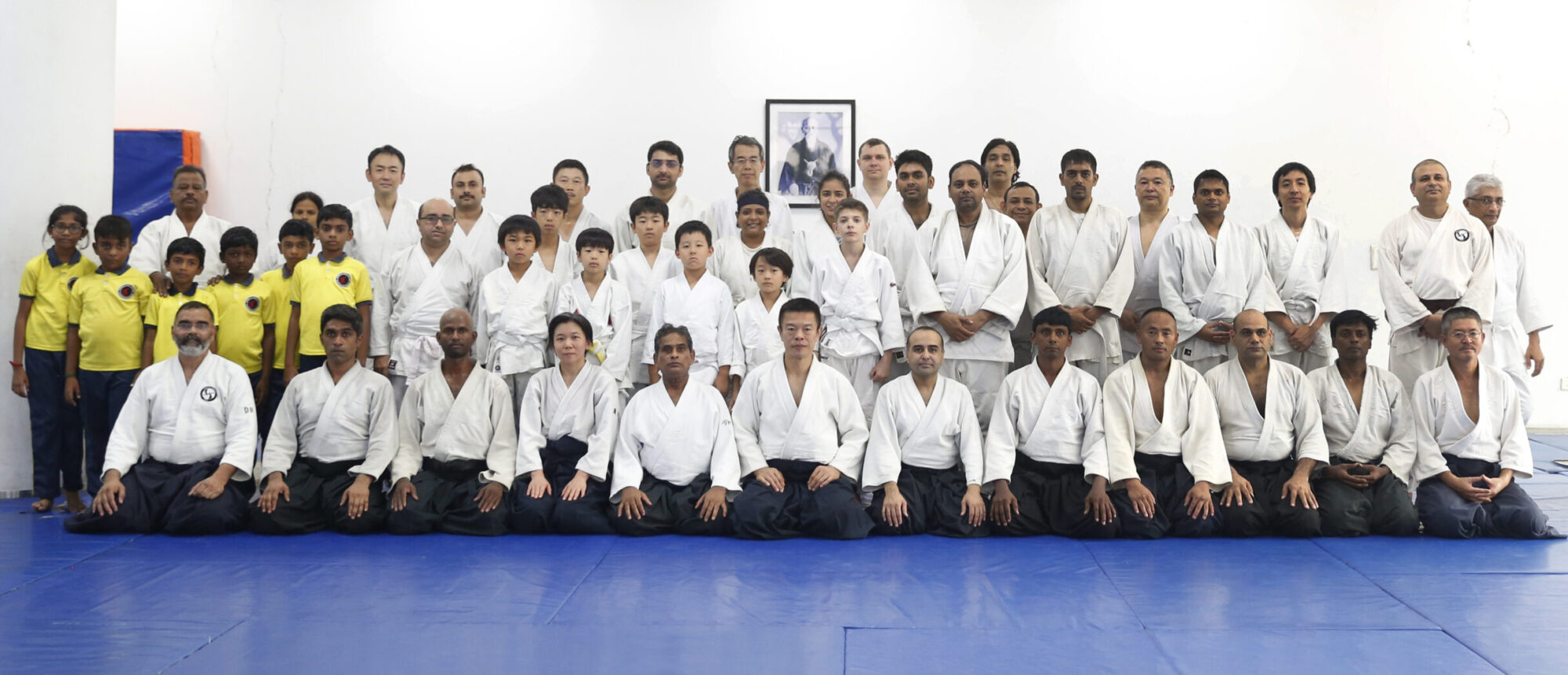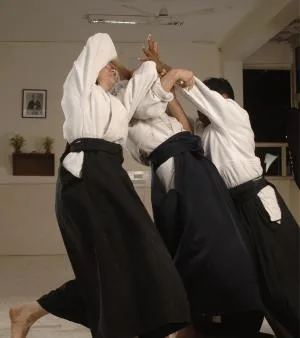Martial artists have spent thousands of years discovering special skills that enable them to respond to life’s challenges quickly and with maximum efficiency. Aikido, which in Japanese means “the way of uniting Ki spirit,” is an art that does just that, and my own Aikido practice has given me much practical counsel. Some of my most vivid lessons were from the first day I participated in randori--an exercise where, instead of defending against just one partner, several people attack at once. Business complexity often arises from a similar spirited interaction of many players with independent motives.
1. Keep your center: In Aikido, your center (or hara) is a physical place where energy and balance originate. It’s also a state of mind. Staying calm, one avoids over-confidence, anger, and fear — those destroyers of intelligence. Keeping your center means you will always act from the position of your greatest power.
2. Start in a logical place: Complex situations, like randori, throw lots of things at you simultaneously. Like many people, my natural instinct was to react first to the nearest danger. I call this the LIFO (last-in, first-out) reaction to complexity. LIFO people react to stress by abandoning important objectives for whatever threat lands in their lap next. However, this reaction allows opponents to dictate the situation. In randori, a LIFO reaction gets you blown hither and yon, frustrating you and accomplishing little. Randori taught me to start proactively in a thoughtful place — at one end, regardless of the onslaught’s source. In complex situations, picking a logical entry point for action (The highest priority? The task with the longest lead time? The player with the most influence?) puts you in control.
3. Keep moving: A mass of attackers comes at you from all sides. Your gut screams, What are you doing walking into that swarm? But your gut is wrong. One of my early senseis, who mashed up Aikido technique with a little street fighting, said, “When you’re in a knife fight, you are going to get cut. Your objective is not to die.” I learned from Aikido that you can’t succeed if you fear moving forward. In complex business situations, inexperienced people tend to freeze up, and a common reaction is completing only the minimal requirements in hopes that the situation will resolve itself. Randoriwisdom teaches that even when things are extremely uncertain, you must act, proactively seeking a better position of power.
4. Anticipate: Randori throws you into a pack of circling wolves, and you do not want to end up in the middle. Keeping attackers in front of you could save your life. However, randori attacks are fast and random, making it difficult to plan maneuvers. As the Star Wars sensei Yoda said, “Always moving is the future.”
I found this positioning task the greatest randori challenge, because it requires an extraordinary degree of anticipation. You have to sense where your opponents will go next. Aikido trained me to anticipate by extending my attention beyond the action in my face to see the larger situation. Everyone can do this — otherwise we’d be watching the windshield wipers instead of the road. In business, this is an information task. Expanding your horizons with diverse experiences and data from a wide range of sources helps you envision a more accurate future. This dynamic vision gives you a place to anchor information as the wolves circle. You can prioritize actions and make better choices.
5. Extend Ki: Finally, randori requires you to reach out to the world with gusto. Ki (the energy force) transforms the situation in an inexplicable way. Situations with energy cycle through to resolution, while situations without energy muddle endlessly. We often underestimate how much power we add to the environment simply with our own personal force. Self-discipline and leading effectively are the simple and practical principles behind many martial-arts techniques. (FORBES)


